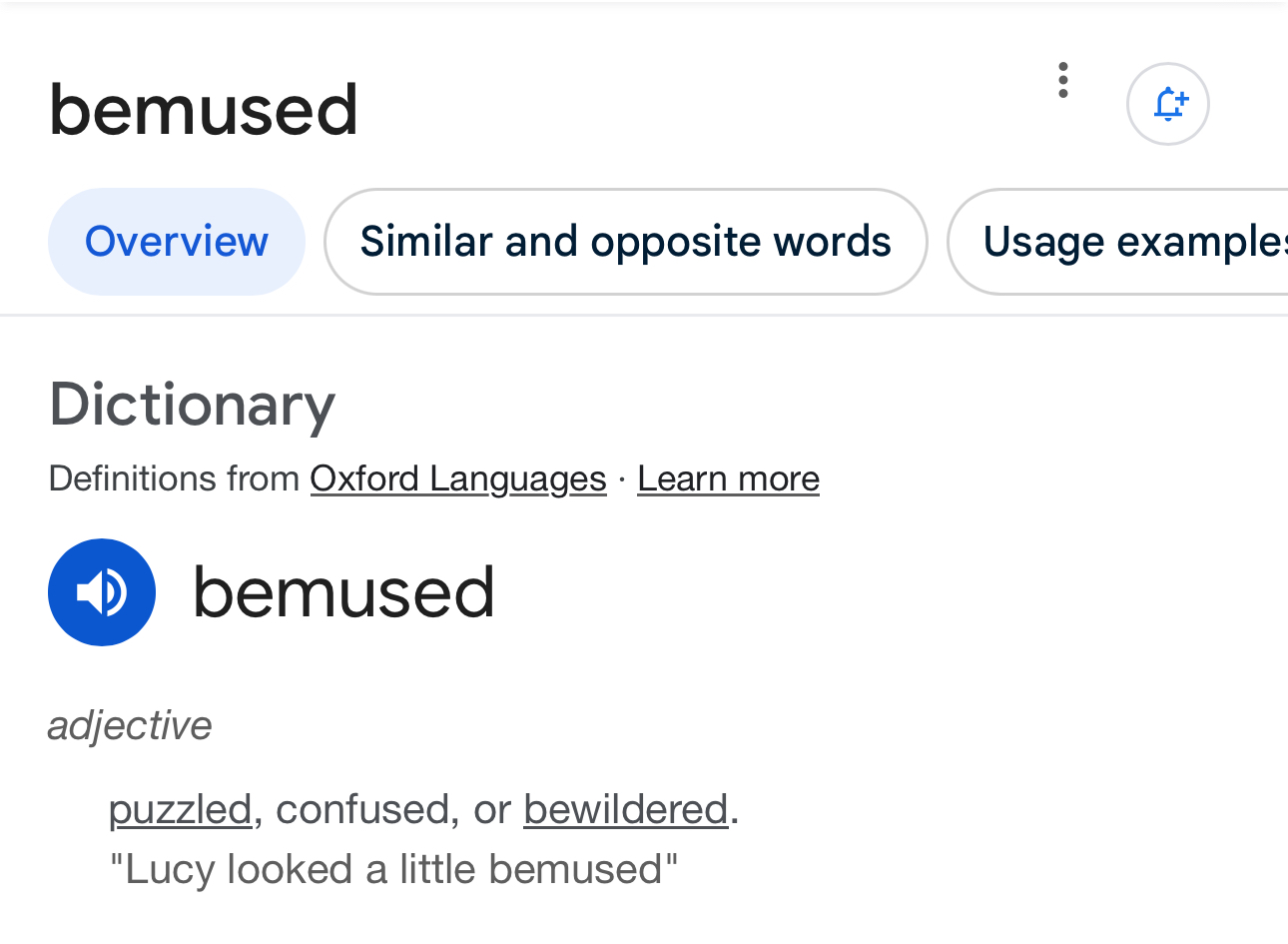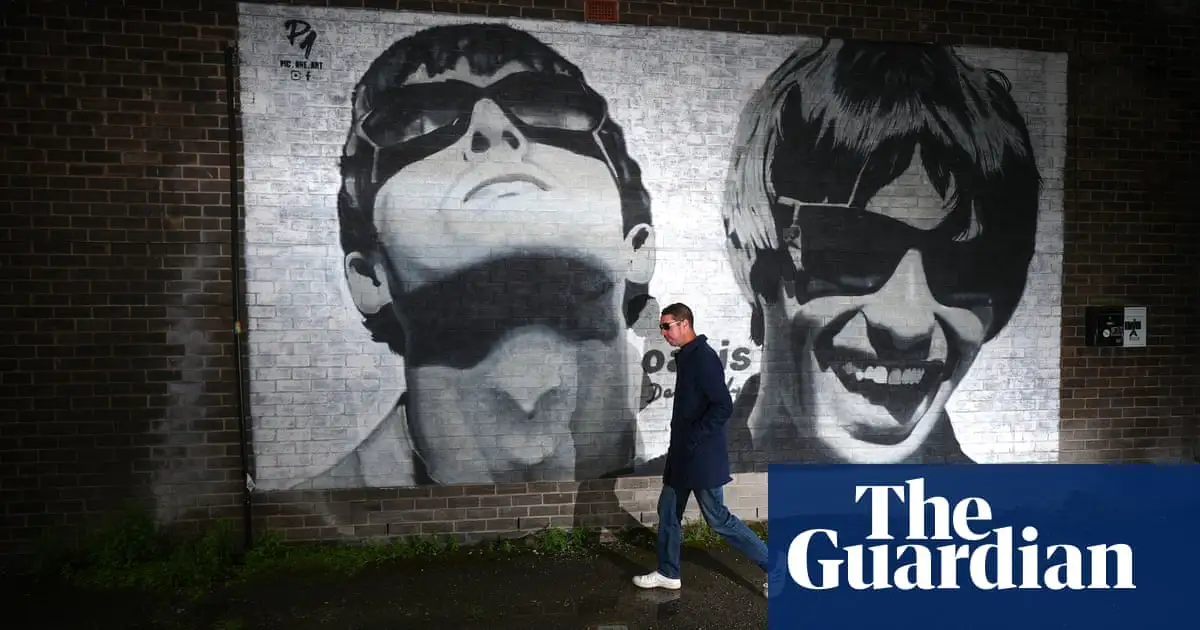Think of British cultural exports in the 21st century and you might reach for the familiar examples: James Bond, Downton Abbey, Adele.
But in the algorithm-driven universe of TikTok where a trend known as “Britishcore” is one of the most in demand movements of the moment, it’s the mundane aspects of life in the UK which are going viral.
Britishcore first emerged as a cultural term at the turn of the decade, to describe ramshackle symbols of British life such as dilapidated pubs and lone traffic cones.
Now it has spread to include videos inspired by Trainspotting, lip-synching to Towie stars and satirical celebrations of the Oasis reunion.>
TikTok has flagged a surge in interest for UK fashion, comedy and travel on its platform as evidence of renewed interest in British culture – and typically wry takes on it.
…
In one TikTok, US content creator @the_quivey10 lists the things he wants to do when he comes to England. They include everyday activities popularised by BritishCore TikToks such as going on a “cheeky Tesco run” and grabbing a Greggs sausage roll.
…
Alwyn Turner, senior lecturer at the University of Chichester and an expert in British popular culture, said a “sense of cheekiness” is what links together some of the UK’s most popular cultural exports.
It’s casualuk’s time to shine!
I’m amazed Britishcore hasn’t getting more into baked and getting pissed down your local. We’ll learn 'em.
Well at least they’re not all going to London I guess. That’s an improvement.
Although I question the validity of going to a supermarket as a unique experience. Pretty sure everyone has supermarkets.
And Tesco too. Aldi or Lidl would be more of an experience.
German supermarkets are not particularly British though.
I think if we started worrying about cultural appropriation at this point there’d be nothing left of “British” “culture”. Not even chips. 😱
Yup. Chips are Belgian and battered fish is Portugese.
Marks and Spencer’s then

The UK has always had an outsized influence on popular culture worldwide. For example our musicians are overrepresented in terms of music charts in many other countries. There was a good Economist article about this a few years ago where they interviewed a die-hard Gorillaz fan who lived in rural Russia.
However, that 90s ‘cool Britania’ self confidence we had is definitely missing these days. We’ve retained a sense of British twee or fascination with the mundane though which I suspect is driving this modern interest. I don’t think it’s a coincidence that youtube/instagram shorts are preoccupied with the mundane - and we have heaps of that to offer up.




